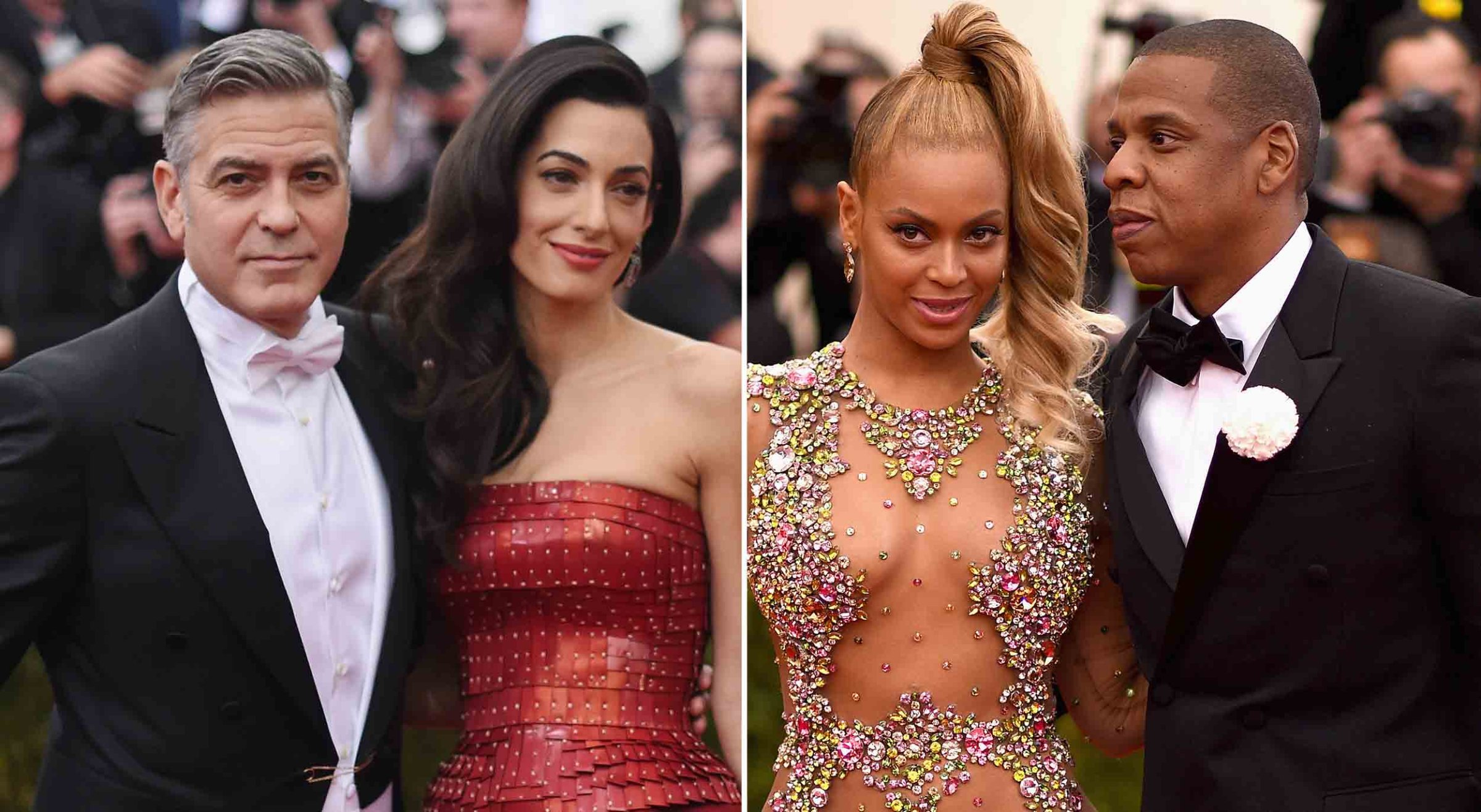
With two big Hollywood announcements in the last two weeks, it may seem like everyone’s having twins these days. Beyoncé and Jay Z announced last Thursday that she is pregnant with multiples, while sources confirmed yesterday that Amal and George Clooney are expecting two babies of their own.
And while the twin birth rate is at an all-time high, the phenomenon is still fairly uncommon. Here’s just how likely it really is for a woman to have twins, and a few things that might affect her chances.
About 1 in 30 babies is born a twin
In 2014, the rate of twin births reached a new high in the United States, according to the Centers for Disease Control and Prevention (CDC), at 33.9 twins for every 1,000 babies born. In other words, about 3.39% of babies, or about 1 in 30, are born twins.
That’s a big increase since 1980
Twin births were relatively stable from 1915 (when reliable record-keeping began) until about 1980, when one in 53 babies born was a twin. CDC data shows that the twin birth rate rose 76% from 1980 to 2009, remained stable for a few years, and rose 2% again from 2012 to 2013.
RELATED: 6 Ways Pregnancy Is Different With Twins
The rise is partially due to older mothers
As a woman gets older, her chances of having twins increase, says Nancy Segal, PhD, director of the Twin Studies Program at California State University, Fullerton, and author of the forthcoming book Twin Mythconceptions. “Women usually only release one egg every cycle, but as they get older they’re more likely to release two,” she says. “Since women are waiting longer to have children, we’re seeing more twins being born naturally to older moms.”
The CDC estimates that about one-third of the growth in twin birth rate is due to the increasing age of new mothers. In 2009 (the latest year for which data is broken down by age group), 7% of all babies born to women 40 and older were born in a twin delivery, compared with 5% of births for women 35 to 39 and just 2% of births to women under 25. (Beyoncé is 35 and Amal Clooney is 39.)
And partially due to reproductive technology
Experts believe that the increased use of fertility treatments, which are most common among women 30 and over, explains much of rest of the increase in twinning rates.
Some states have seen higher increases than others
All 50 states have seen increases in twin birth rates since 1980, but rates more than doubled in five states: Connecticut, Hawaii, Massachusetts, New Jersey, and Rhode Island.
Rates differ by race, too
Black women historically are more likely to have twins, but since 1980, rates have doubled for white women while they rose only 50% for black women. In 2009, the percentage of babies born as twins to black women was only slightly higher (3.8% versus 3.7%) than to white women. Hispanic women have a lower twin birth rate, at about 2.25%.
Dad’s age might also matter
It may not just be the mother’s age at conception that affects a couple’s chances of having twins. “We don’t know why, but older fathers tend to have a somewhat higher chance of having twins as well,” says Segal. (Jay Z is 47, and George Clooney is 55.)
RELATED: How to Eat When You’re Pregnant With Twins, According to an RD
Other weird factors may play a role
Some research shows that women who follow low-protein or vegan diets are less likely to conceive twins, says Segal, while other studies suggest that women who are taller and heavier have a greater chance.
It’s also been shown that fraternal twins can run in families, but no genetic link has yet been discovered for identical twins—whose rates are much lower, at only about 4 per 1,000 births, and don’t seem to be affected by the mother’s age or rate. “However, there are some families where identical twins are more common,” says Segal, “so scientists are still trying to figure out why that might be.”
This article originally appeared on Health.com
More Must-Reads from TIME
- L.A. Fires Show Reality of 1.5°C of Warming
- Home Losses From L.A. Fires Hasten ‘An Uninsurable Future’
- The Women Refusing to Participate in Trump’s Economy
- Bad Bunny On Heartbreak and New Album
- How to Dress Warmly for Cold Weather
- We’re Lucky to Have Been Alive in the Age of David Lynch
- The Motivational Trick That Makes You Exercise Harder
- Column: No One Won The War in Gaza
Contact us at letters@time.com